Polypod CV 200 Tablet
Polypod CV 200 Tablet is a combination antibiotic medicine used to treat a wide range of bacterial infections. It contains Cefpodoxime Proxetil (a third-generation cephalosporin antibiotic) and Clavulanic Acid (a beta-lactamase inhibitor). Cefpodoxime works by stopping the growth of bacteria, while Clavulanic Acid prevents bacteria from producing enzymes that make them resistant to antibiotics. This dual-action formula makes Polypod CV 200 Tablet highly effective against infections of the lungs, throat, ear, urinary tract, skin, and soft tissues. It is often prescribed for conditions like pneumonia, bronchitis, tonsillitis, sinusitis, and urinary tract infections. Taking this medicine regularly as prescribed ensures complete recovery, prevents recurrence of infection, and reduces the risk of antibiotic resistance. Polypod CV 200 Tablet should always be taken with food to improve absorption and reduce stomach upset. It is important to complete the full course even if symptoms improve earlier, to achieve best results.
Benefits of Polypod CV 200 Tablet
-
Helps in treating respiratory tract infections
-
Effective against throat and tonsil infections
-
Provides relief in sinus and ear infections
-
Useful in treating pneumonia and bronchitis
-
Works well for urinary tract infections
-
Treats skin and soft tissue infections
-
Prevents bacteria from becoming resistant
-
Provides quick relief from infection-related fever
-
Combines two agents for stronger effect
-
Improves recovery rate in stubborn infections
-
Suitable for mixed bacterial infections
-
Helps restore health by eliminating harmful bacteria
-
Reduces inflammation caused by infection
-
Works effectively in community-acquired pneumonia
-
Widely prescribed for both adults and children
Possible Side Effects
-
Nausea or vomiting after intake
-
Diarrhea or loose stools
-
Mild stomach upset or abdominal pain
-
Headache or dizziness
-
Rash or itching on skin
-
Loss of appetite in some patients
-
Rare swelling of lips or face due to allergy
-
Vaginal discharge or itching in women
-
Change in taste sensation
-
Rare yellowing of skin or eyes
-
Increased liver enzyme levels in long term use
-
Difficulty in breathing in allergic reactions
-
Rare joint or muscle pain
-
Secondary fungal infections due to prolonged use
-
Rare cases of kidney strain with extended dosage
How to Use
-
Take orally with a full glass of water
-
Consume after food for better absorption
-
Swallow whole without crushing or chewing
-
Follow exact dose and frequency as prescribed
-
Take at evenly spaced intervals daily
-
Do not skip doses for effective recovery
-
Complete full course even if symptoms improve
-
Take same time each day for best results
-
Do not stop suddenly without doctor’s advice
-
If a dose is missed, take it as soon as remembered
-
Do not take extra dose to make up missed one
-
Drink enough fluids during treatment
-
Store in a cool and dry place away from sunlight
-
Keep away from reach of children
-
Dispose expired tablets properly
How It Works
-
Cefpodoxime kills bacteria by damaging their cell wall
-
Clavulanic acid prevents bacteria from resisting antibiotic action
-
Dual action ensures better bacterial elimination
-
Stops growth and multiplication of bacteria
-
Relieves symptoms like fever, swelling, and pain
-
Prevents spread of infection in the body
-
Promotes faster recovery and healing
-
Works effectively against resistant bacterial strains
-
Ensures complete cure when course is finished
-
Provides broad-spectrum antibacterial coverage
What to Avoid
-
Avoid using without doctor’s prescription
-
Avoid skipping doses or incomplete treatment
-
Avoid alcohol during medication
-
Avoid self-medication for viral or fungal infections
-
Avoid if allergic to cephalosporin or penicillin group
-
Avoid overdosing beyond prescribed limit
-
Avoid use during breastfeeding without doctor’s advice
-
Avoid sudden discontinuation without medical approval
-
Avoid combining with other antibiotics unless advised
-
Avoid consuming expired tablets
-
Avoid high acidic foods that irritate stomach
-
Avoid sharing medicine with others
-
Avoid using in children without medical supervision
-
Avoid prolonged treatment unless necessary
-
Avoid heavy physical activity if feeling dizzy
Safety Advice
-
Use only under medical supervision
-
Inform doctor about past drug allergies
-
Always take with food to minimize stomach upset
-
Report any persistent side effects quickly
-
Pregnant women must consult doctor before use
-
Breastfeeding mothers need medical advice before intake
-
Monitor liver and kidney health in long term use
-
Stay hydrated during treatment
-
Practice proper hygiene to prevent reinfection
-
Avoid self-medication or dose changes
-
Store tablets in dry and cool environment
-
Do not use if packaging is tampered
-
Elderly patients should take with caution
-
Children must be given only prescribed dose
-
Stop and seek medical help if allergic reaction occurs
Precautions
-
Consult doctor if pregnant or planning pregnancy
-
Inform doctor about ongoing medicines or supplements
-
Avoid if history of severe penicillin allergy
-
Patients with liver or kidney disease need dose adjustment
-
Use cautiously in elderly patients
-
Not suitable for viral infections like cold and flu
-
Monitor blood tests if used for prolonged time
-
Stop immediately if severe rash develops
-
Avoid driving if feeling dizzy after intake
-
Inform doctor if unusual bleeding occurs
-
Keep medicine out of children’s reach
-
Do not exceed prescribed treatment duration
-
Maintain healthy diet to support recovery
-
Avoid use if previously had jaundice due to antibiotics
-
Complete full course to prevent antibiotic resistance
Vendor Information
- Address:
- No ratings found yet!











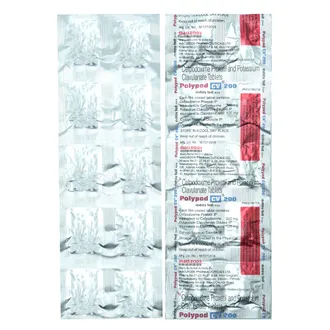

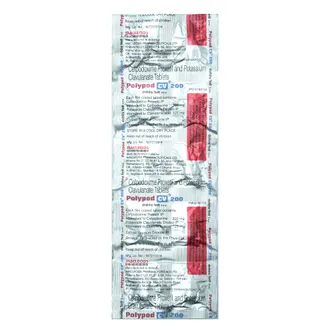
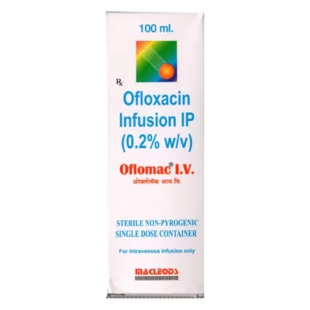

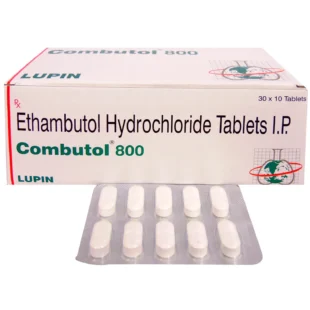
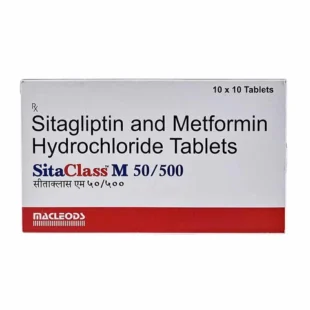
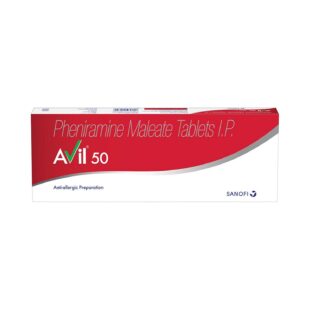
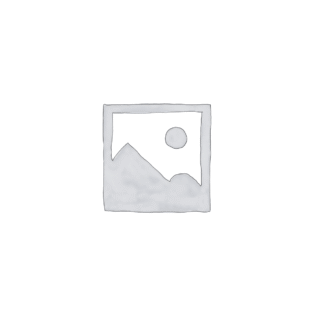
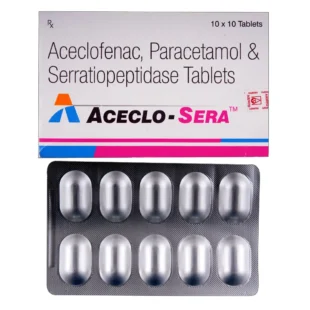
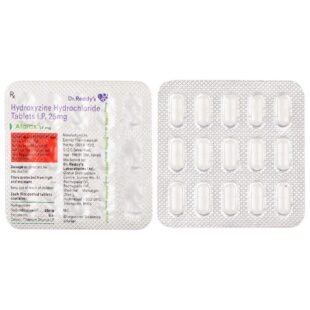
Reviews
There are no reviews yet.